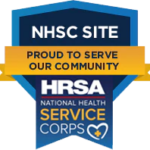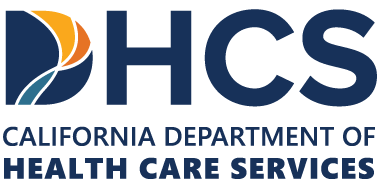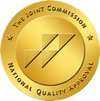Growing up can be tough. It is a challenging and complex time. Everything from environment to genetics and upbringing influence how a young person interacts with their world. Which is why we aim to help our clients navigate this period of their life with greater ease and understanding.
Our counseling program for is designed to provide a safe and supportive space to explore thoughts, feelings, and behaviors.
Our counseling sessions focus on building a trusting and collaborative relationship. Through active listening and empathic understanding, we identify root causes and provide a non-judgmental and compassionate environment where they can express their emotions and thoughts freely without fear of being criticized or misunderstood.



